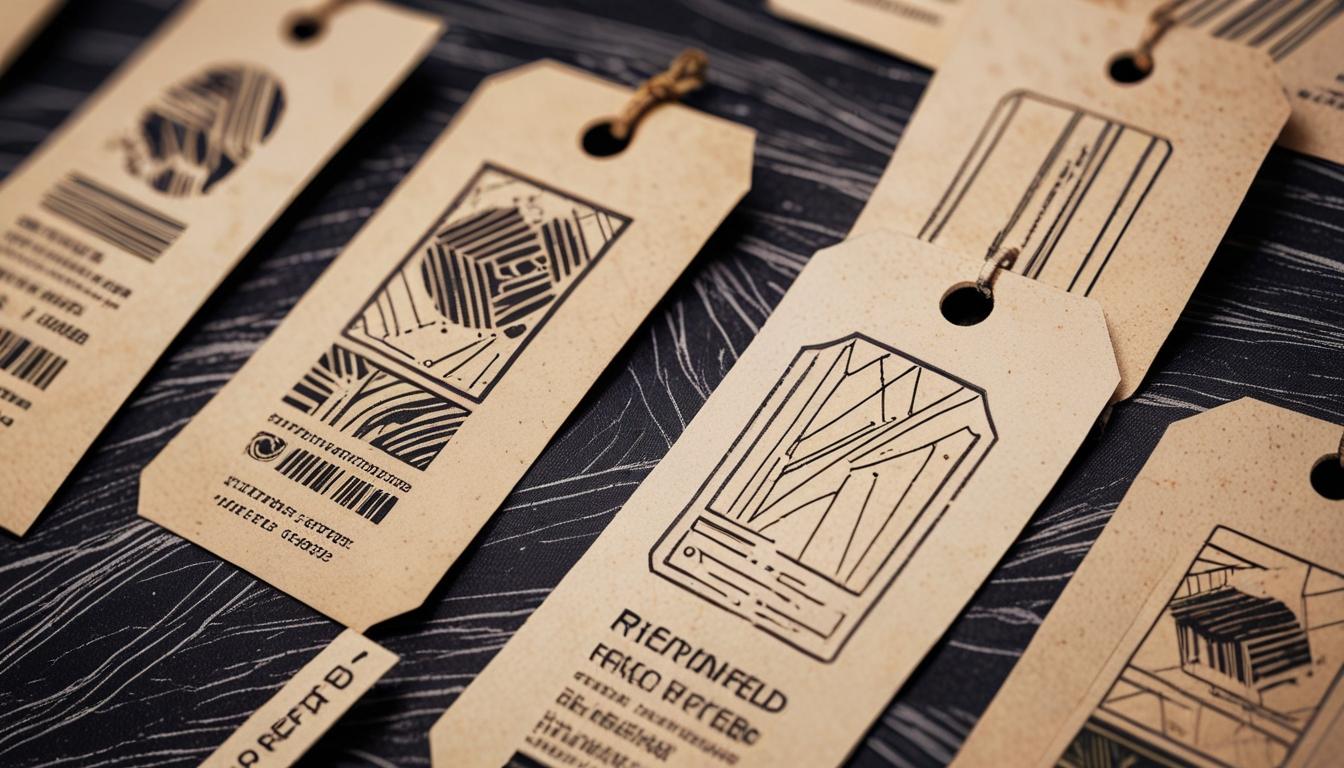PulpaTronics, a London-based start-up, has created innovative RFID tags made entirely from recyclable paper and carbon-based materials, eliminating metals and microchips to drastically cut CO? emissions and production costs in the fashion sector.
PulpaTronics, a London-based start-up founded in 2023, is pioneering a new approach to Radio-Frequency Identification (RFID) technology by developing fully recyclable, metal-free RFID tags aimed at reducing the environmental footprint of conventional tags. The company, which recently won the 2024 Green Alley Award, is positioning itself at the intersection of sustainability and fashion technology.
Traditional RFID tags typically contain a silicon microchip, a metal antenna—usually made of aluminum—and a plastic substrate. PulpaTronics has devised an innovative solution that eliminates the metal antenna by replacing it with a carbon-based conductive material. This material is printed directly onto paper using a laser process. Additionally, PulpaTronics has done away with the microchip entirely, encoding data within the geometric design of the conductor itself. This streamlining results in a simplified tag structure that maintains functionality while enhancing environmental compatibility.
The company reports that this new design reduces annual CO? emissions by approximately 70% compared to standard RFID tags. It also cuts production costs by as much as 50%, attributable to the fewer materials required and the streamlined production process. Since the tags are composed solely of paper, they can be recycled between six and seven times before being composted, making them compatible with existing paper recycling systems.
The fashion industry currently discards an estimated 18 billion single-use RFID tags each year, most of which contribute to landfill waste. PulpaTronics aims to integrate its sustainable tags directly into manufacturing lines, facilitating large-scale adoption and enabling enhanced product traceability for brands.
Chloe So, CEO of PulpaTronics, told Renewable Matter, “The crucial next step is to double down on R&D for the labels, particularly in terms of durability testing and the production of small batches to meet the requirements of the pilot projects planned for 2025.” This focus on research and development is intended to ensure the durability and reliability of the labels within commercial applications.
PulpaTronics’ technology illustrates a significant advancement in sustainable labeling for the fashion sector, combining environmental benefits with cost efficiency and simplified manufacturing. Their development offers a promising alternative to conventional RFID tags, which have been criticized for their environmental impact. The company’s continued efforts toward testing and pilot programs suggest that these recyclable, chip-free RFID labels may soon become a viable option for widespread industry use.
Source: Noah Wire Services




